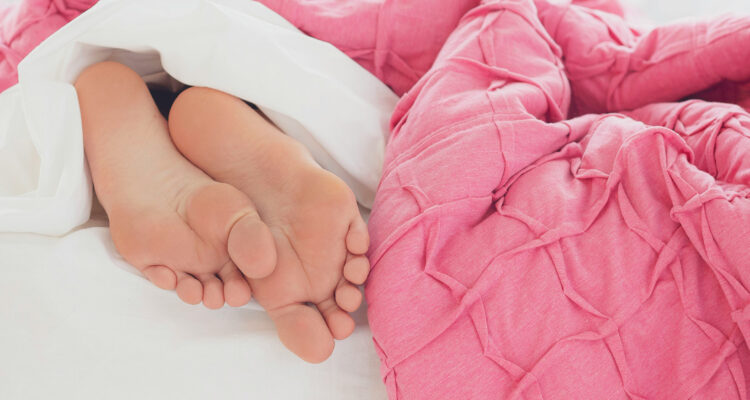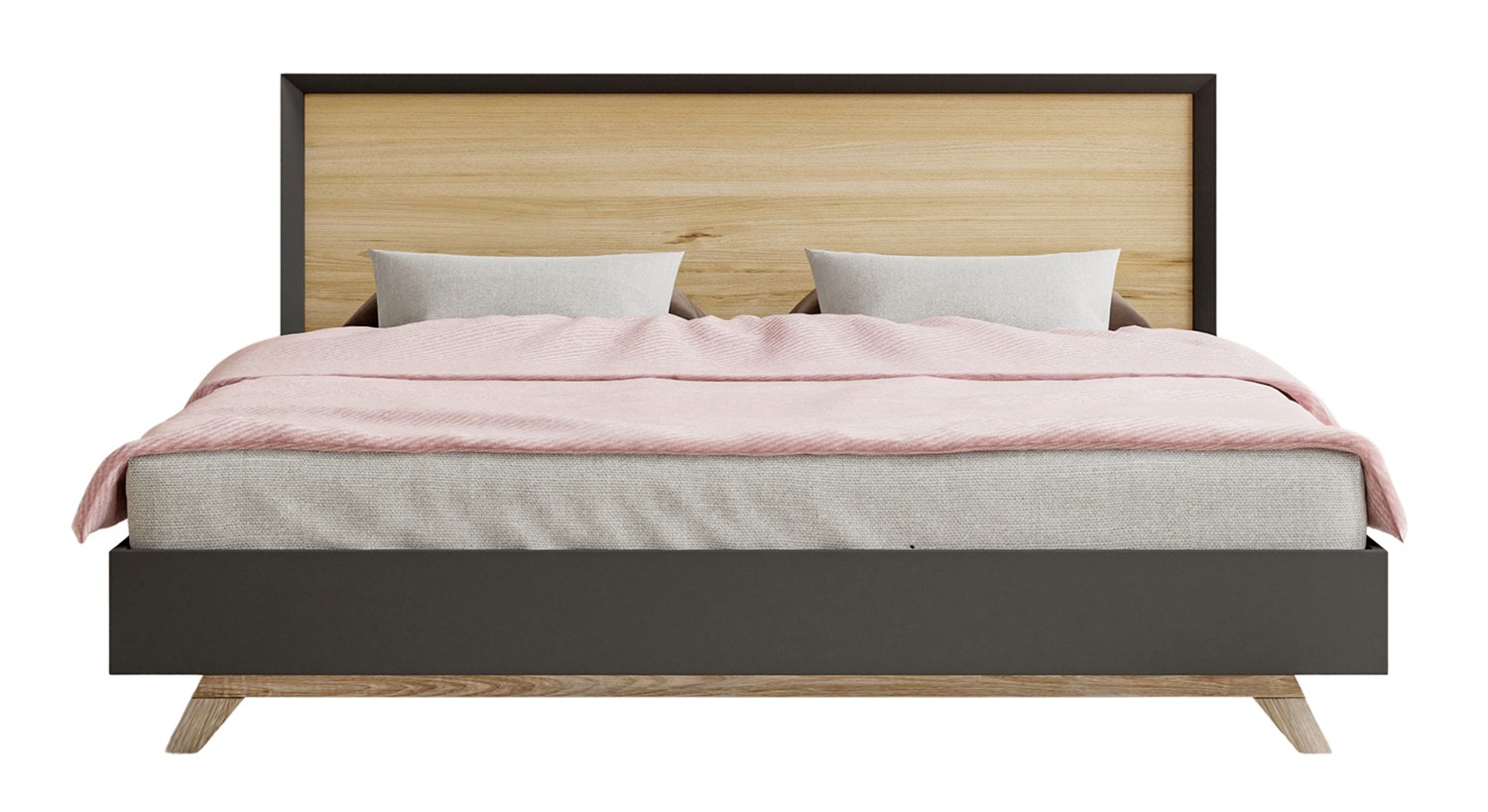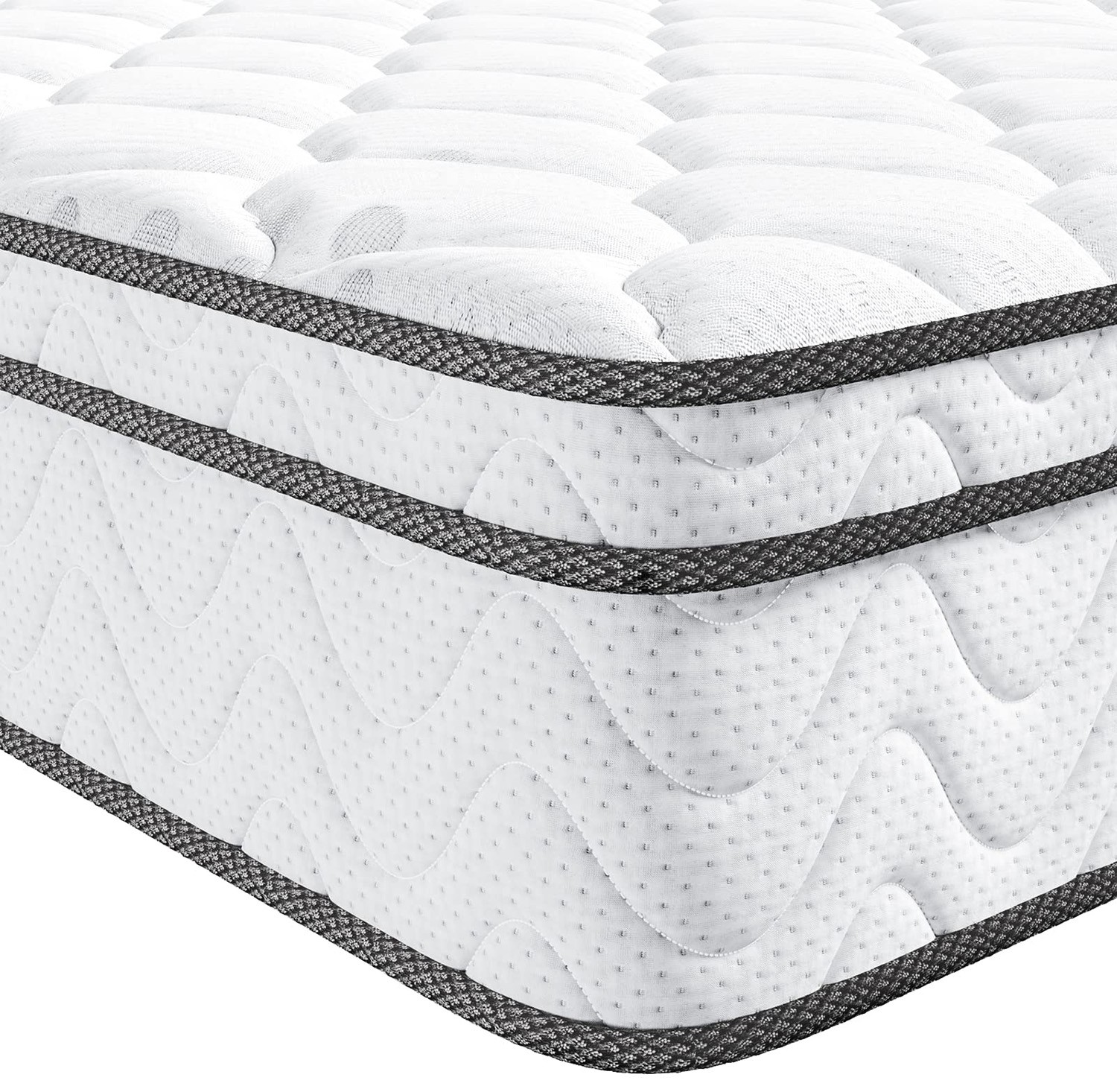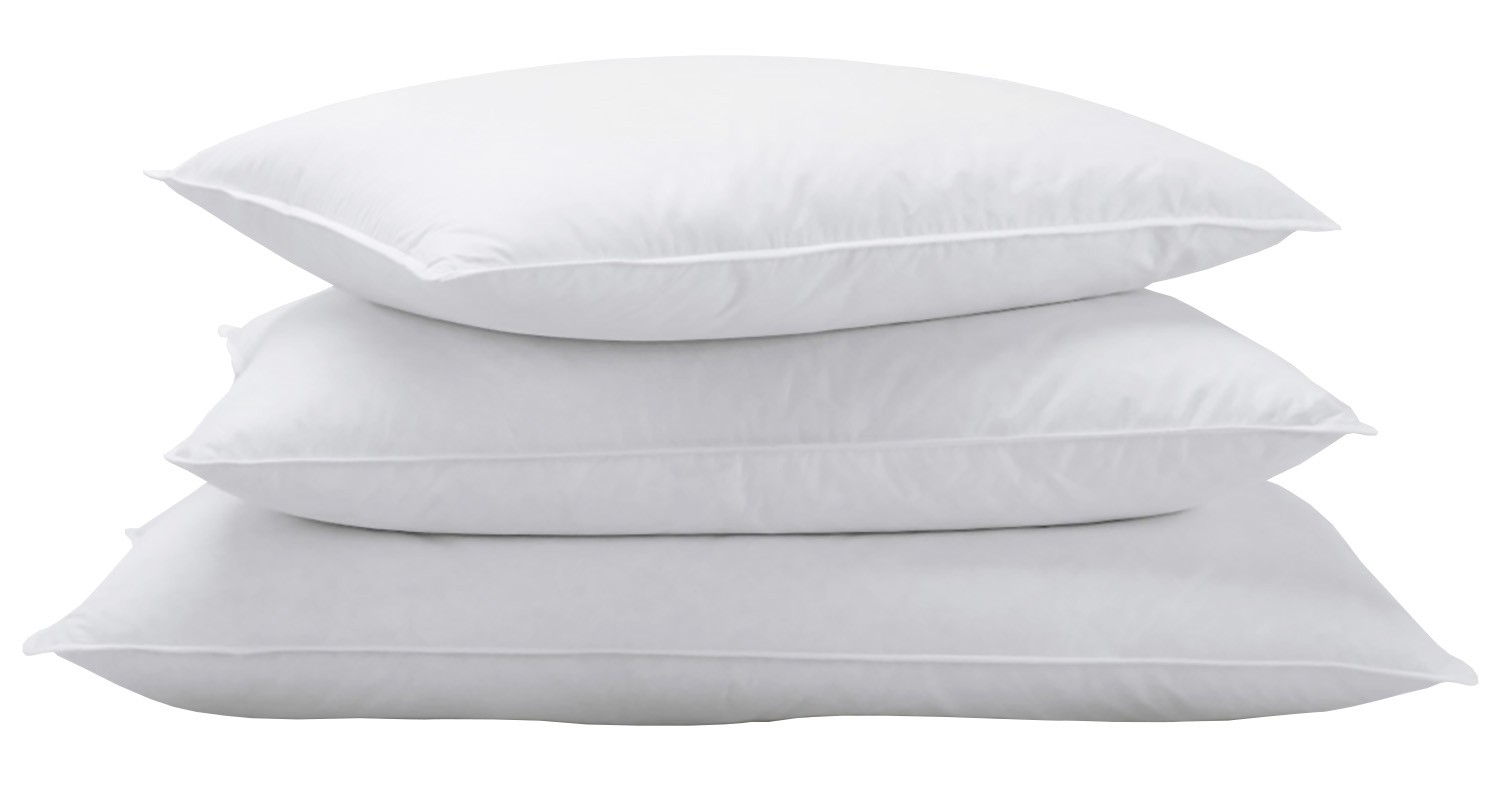6 hours? 8 hours, 10 hours?
To wake up refreshed, your body needs to snooze.
Sheet Savvy
Thread count, ply, weave – so many terms. Being tucked in the right sheet helps you find those much-needed deep sleep zzzs.
Soft & Cozy – think flannel or jersey. These cotton sheets are comparable to wearing your favorite soft tee or winter flannel shirt. Perfect for the cold sleeper.
Smooth & Breathable – Egyptian and Pima lead the way on popularity. Slide right in and stay cool all night.
Durable & Silky – bamboo is your choice. Very breathable and antibacterial too. They offer the best of both cotton and silk, without the price tag of silk.
Stick to a Schedule
8 is the magic number for the max hours of sleep. The recommended amount for healthy adults is at least seven hours of snooze time. Shoot for the same time every day on going to bed and rising, yes, even on weekends.
Princess & the Pea
There’s a myriad of choices when it comes to today’s mattresses.
Innerspring mattresses have a coil unit layered with foam on top. Durable and affordable, it provides strong support, has a nice bounce factor and is relatively cool.
Conforming to you are memory foam mattresses. Due to its motion isolation, it’s a good choice if your partner moves around at night as you won’t notice it as much. Possible drawback if you sleep hot – the foam retains heat.
If one of you loves soft and the other hard, an adjustable mattress may keep the peace. Its interior air chamber can dialed to different settings depending on how firm you want your side of the bed.
Pillow Puffiness
Spine alignment key! Pillow choice should be driven by sleeping position while making you feel comfortable and providing a good night’s sleep.
Back sleepers should look for a medium firmness – keep that head aligned with your spine.
Side sleepers need more firmness and height in a pillow to fill the space between your ear and shoulder.
Stomach sleepers’ pillows tend to be softer with a low profile. Feather and down are top choices as both are compressible.
Blue Light Blues
At night, electronic device screens trick your brain into thinking it’s still daytime, reducing hormones like melatonin, which help you relax and get a deep sleep. Can’t put that phone down? Grab a pair of glasses that block blue light or download an app that blocks the blue light on your phone.
Work in a Workout
Exercising regularly helps promote better sleep and being outside adds a plus. The jury is out on vigorous exercise a few hours before bedtime. Listen to your body and if your body temp, heart rate and adrenaline level are still high, try exercising early in the evening to allow time for your body to relax.
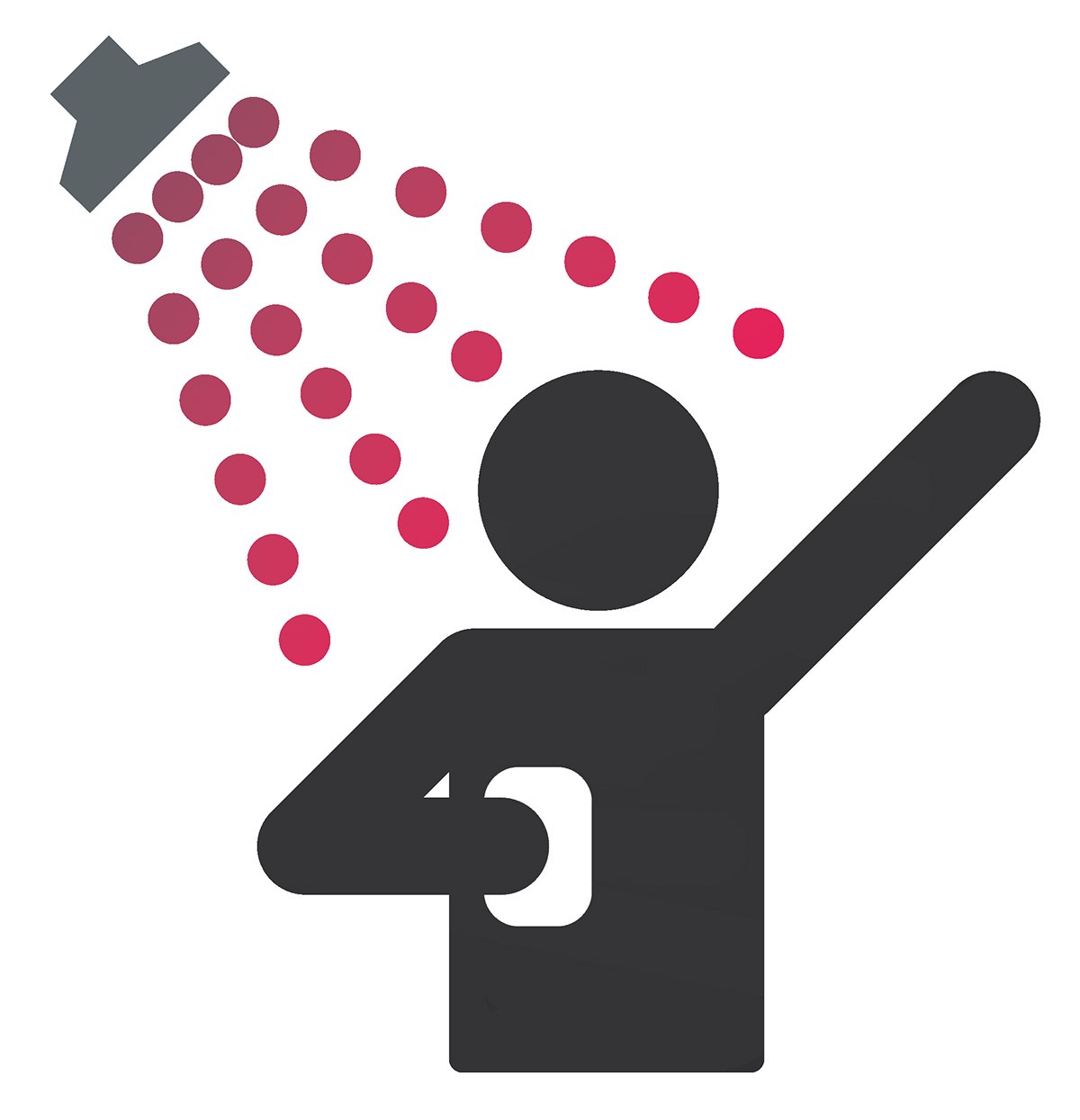 Unwind & Relax
Unwind & Relax
Decompressing before bedtime improves your ability to fall asleep and get a good night’s sleep.
A hot shower or bath before bedtime does wonders to help relax your body and your mind.
Other techniques include reading a book, listening to soothing music or sounds, and focusing inward with deep breathing.
Dial It In
Being too hot or too cold affects how well you sleep. One study found that bedroom temps can affect sleep quality more than external noise. So what is the perfect temperature setting? Around 70° seems to be a comfortable temperature for many, but adjust yours up or down depending on your preferences and habits.

